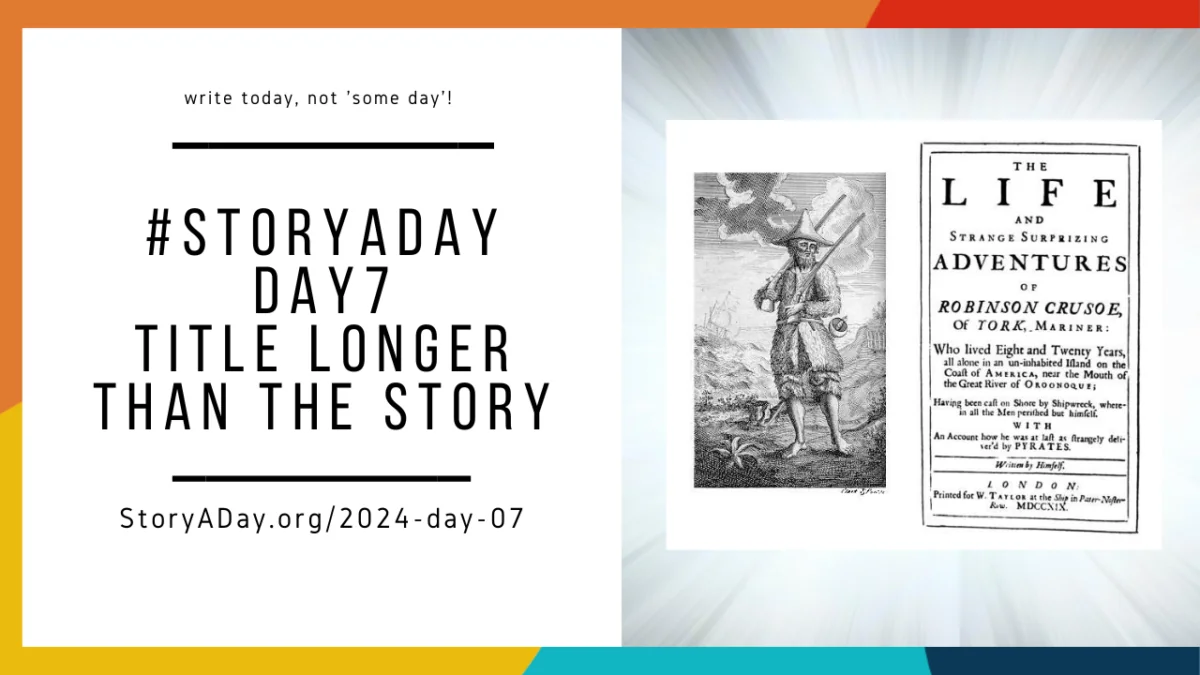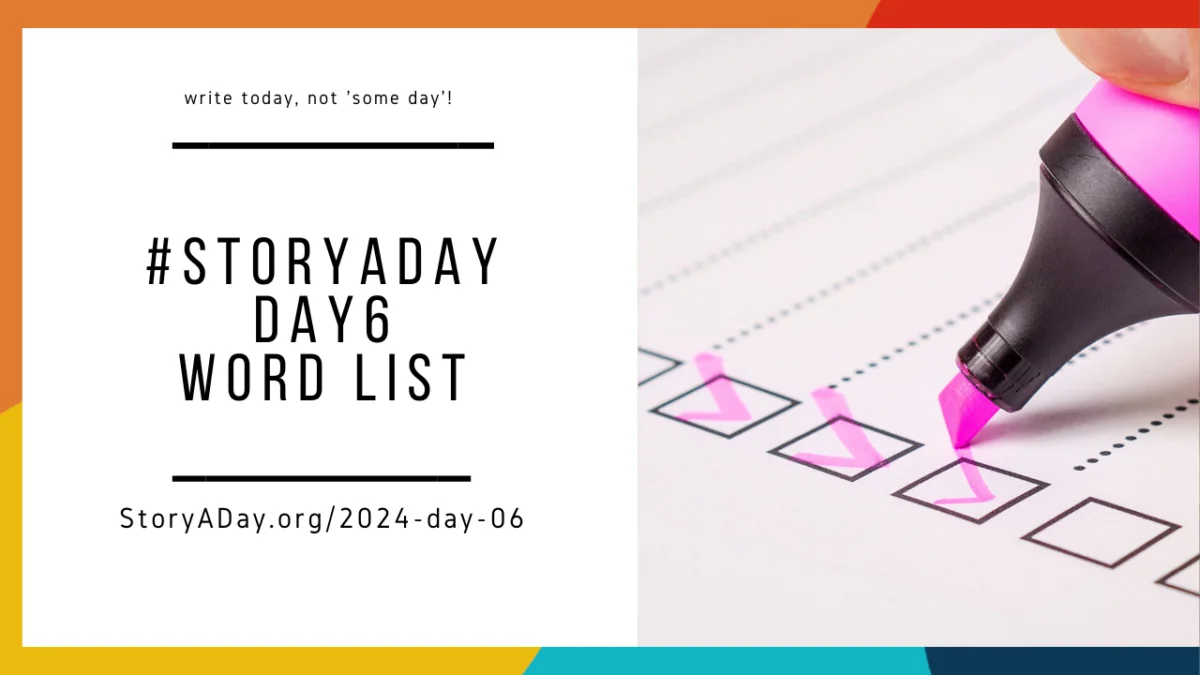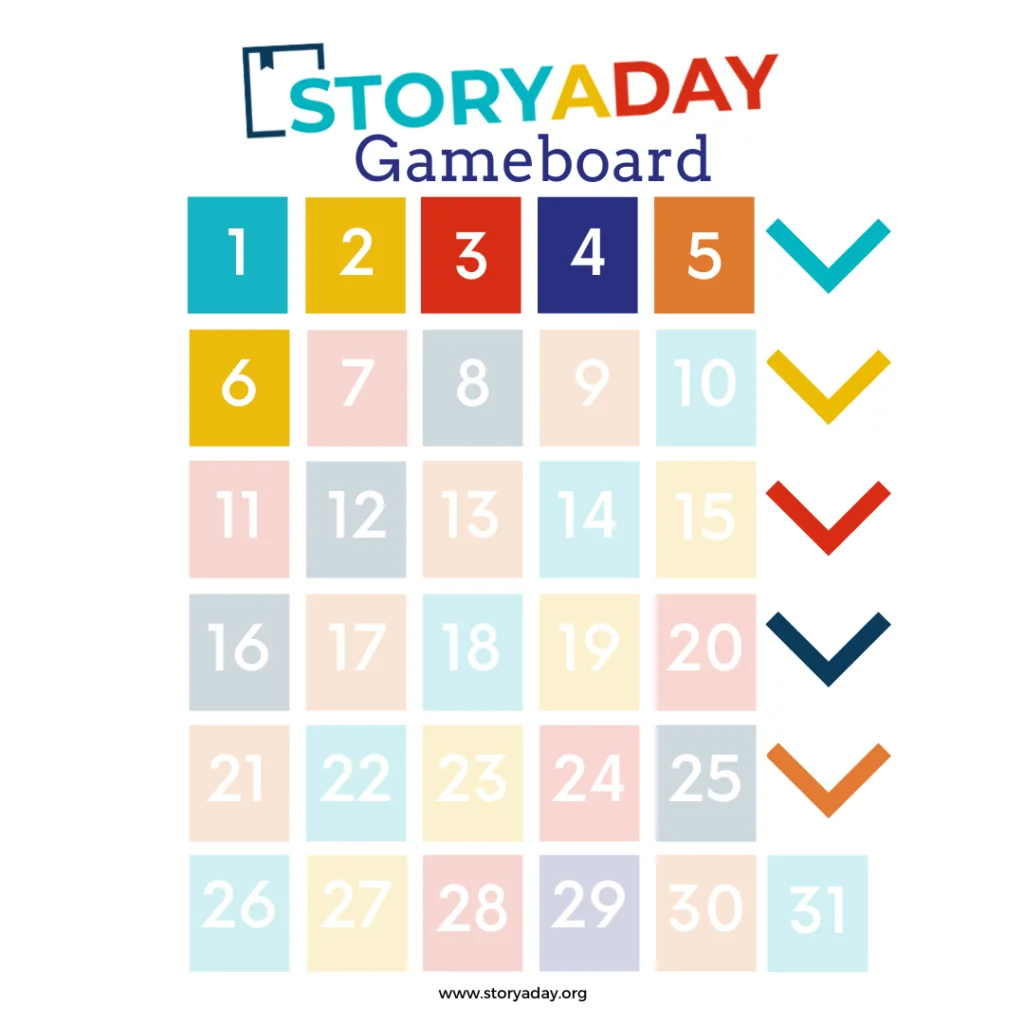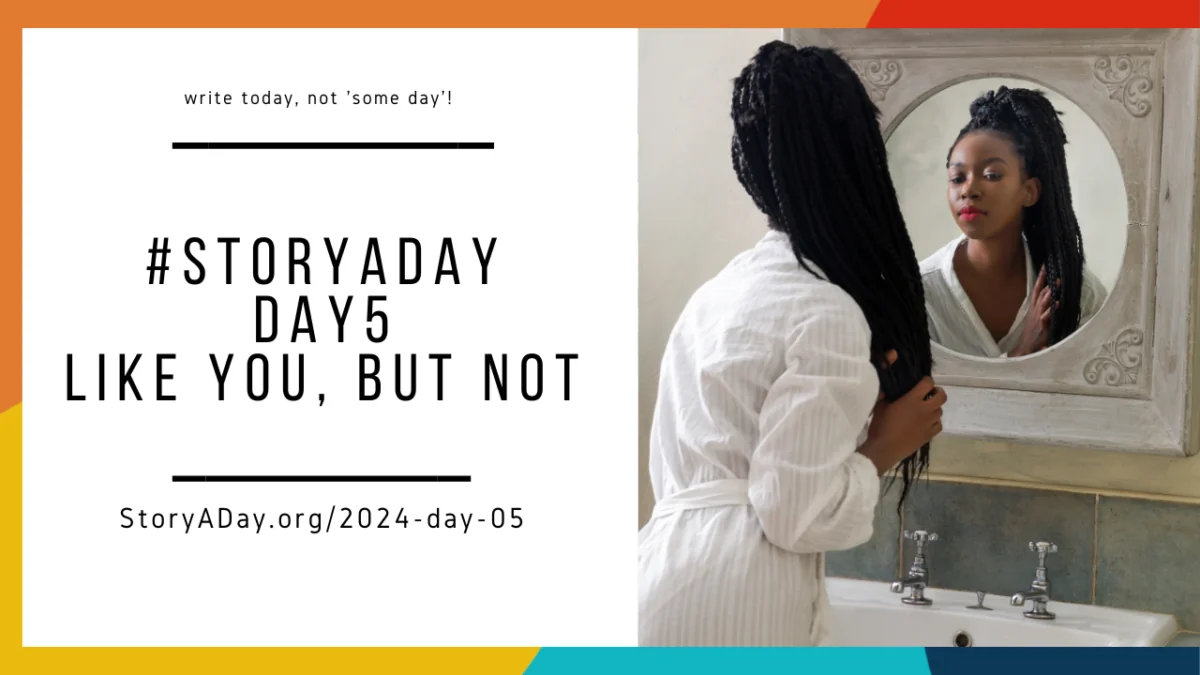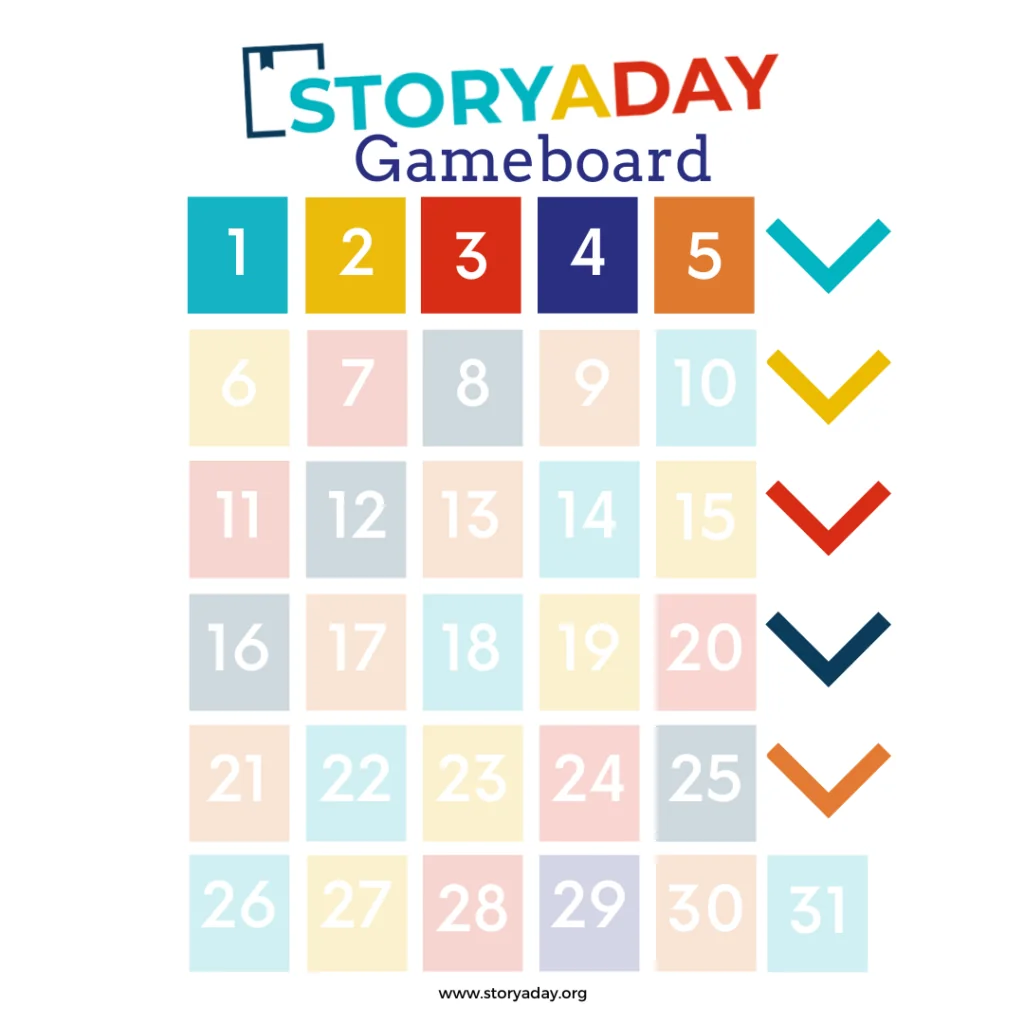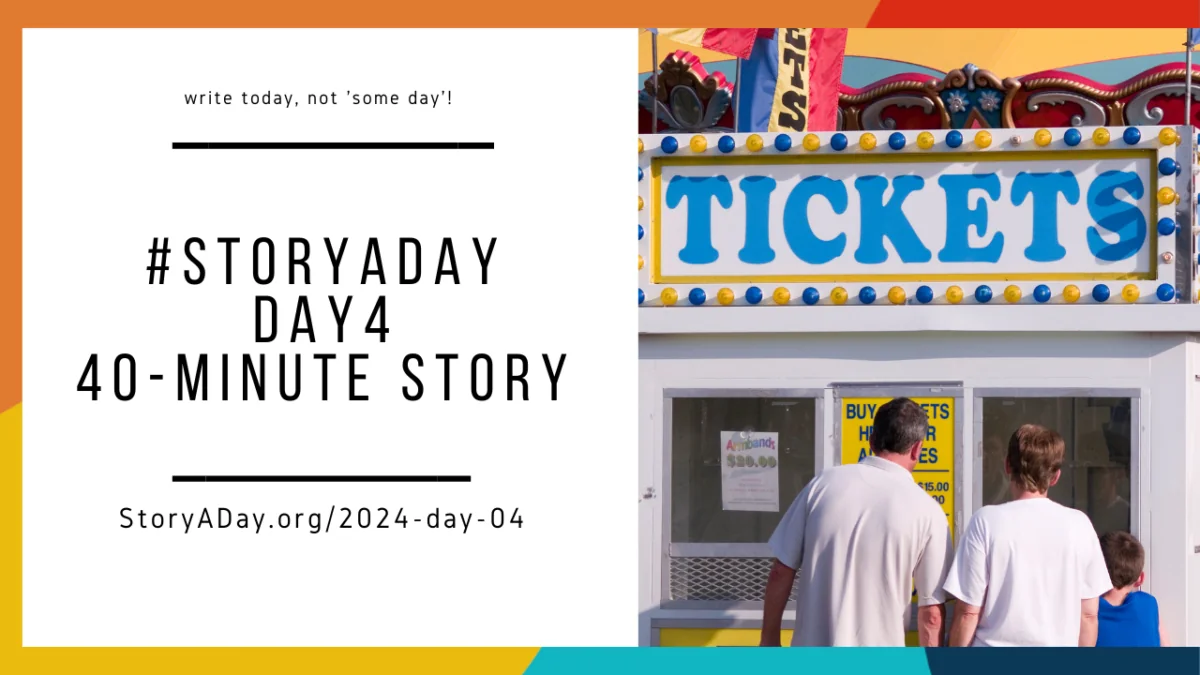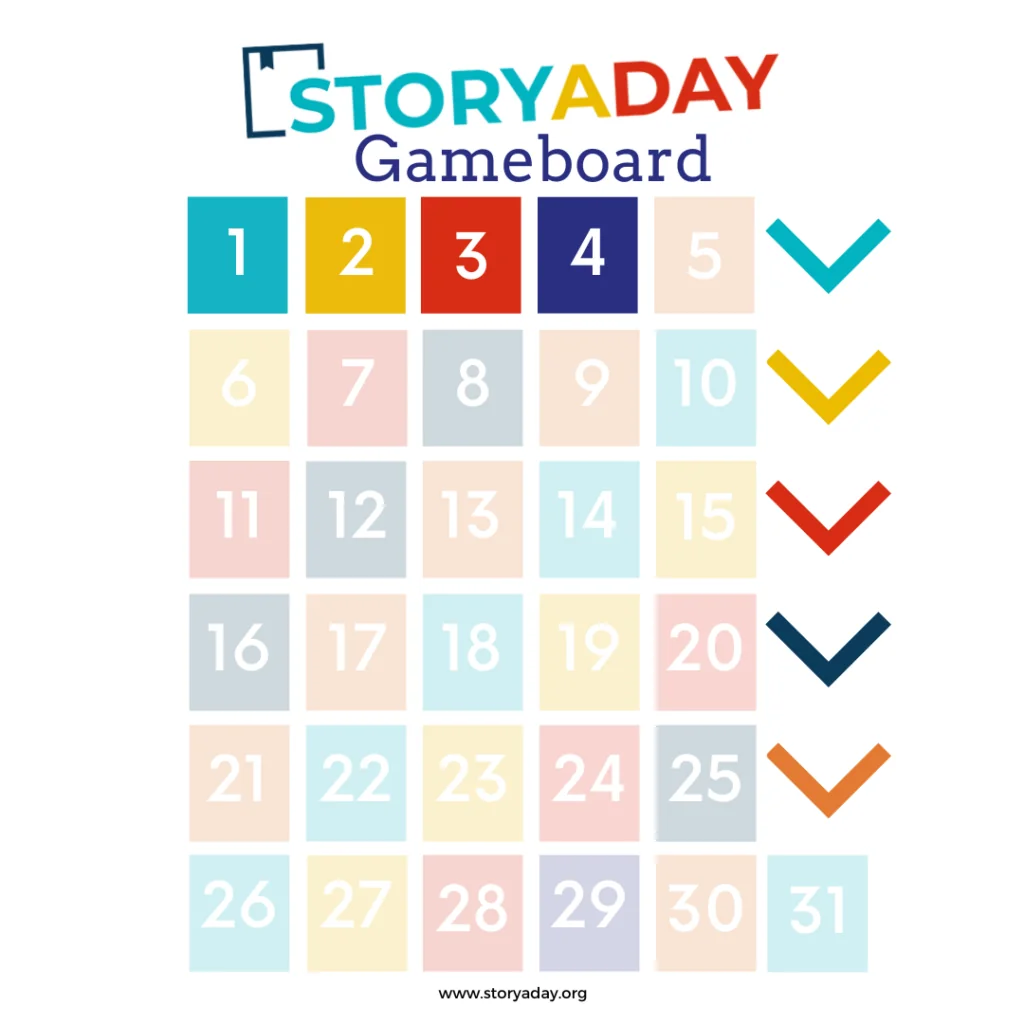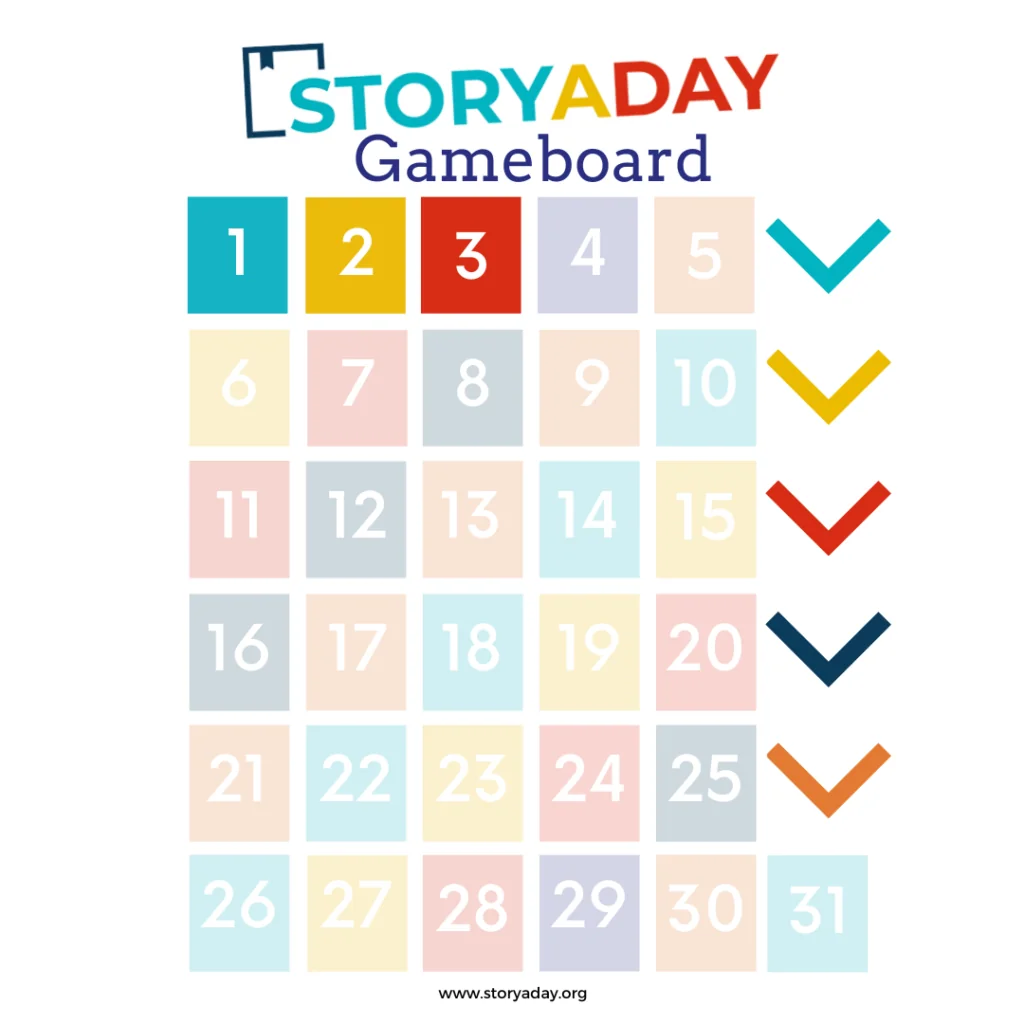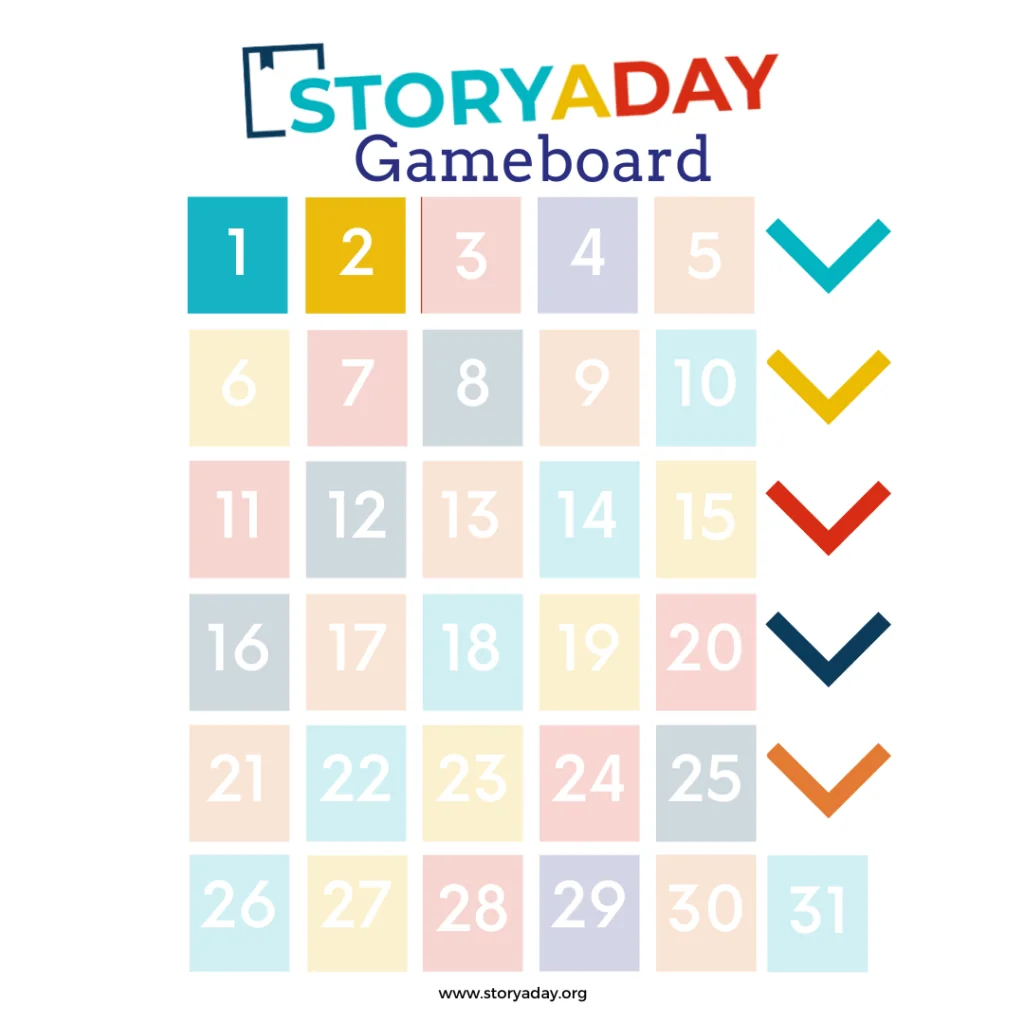The Prompt
Write a short story in which the title is longer than the short story itself
Things To Consider
If you’re looking for a more serious take on titles, listen to this podcast episode where I talk all about titles, and download my Terrific Titles Guide.
Sometimes contents and anthologies call for stories of a very particular word count. I am often asked if the title counts towards the limit.
It does not.
Therefore, if you’re feeling cheeky, it can be fun to write a story with a ridiculously long title.
In fact, this year I heard of a contest that called for exactly this: a story with a title longer than the body of the story. In this case you may find yourself playing with the premise of a story for a while before you begin to compose the finished article.
You may need to get up and pace around or go for a long walk, or, if you happen to read this at the start of the day, mull over it all day before you sit down to write. Sometimes that’s how writing goes.
The title you end up with will probably do the work that’s usually done by the opening paragraphs of a more traditional story: establishing the setting, the tone, the character, their desire and the obstacle to that desire.
The story itself will probably take the form of an ‘answer’ to the puzzle you set up in the story. I’d aim for a title that uses up 2/3 of the total word count, and a ‘story’ that is no more than 1/3 of the words. Here are some examples of short stories pretty long titles, but I think we could take similar ideas and expand them in interesting ways.
My Last Attempt to Explain to You What Happened to the Lion Tamer – Brendan Matthews
The Lone Ranger and Tonto Fistfight in Heaven – Sherman Alexie
What We Talk About When We Talk About Love – Raymond Carver
These are novels, but I hope they’ll give you a sense of what I’m looking for today:
No Matter How Much You Promise to Cook or Pay the Rent You Blew It Cauze Bill Bailey Ain’t Never Coming Home Again; A Symphonic Novel – Edgardo Vega Yunqué
Or how about this well-known novel that are rarely given its full title?
The Personal History, Adventures, Experience and Observation of David Copperfield the Younger of Blunderstone Rookery – Charles Dickens
And my absolute favorite:
The Life and Strange Surprizing Adventures of Robinson Crusoe, Of York, Mariner: Who lived Eight and Twenty Years, all alone in an un-inhabited Island on the Coast of America, near the Mouth of the Great River of Oroonoque; Having been cast on Shore by Shipwreck, wherein all the Men perished but himself. With An Account how he was at last as strangely deliver’d by Pyrates – Daniel Defoe
Could you write a title like that and a quick one-sentence riposte as the body of the story?
One of my favorite things about short stories is their ability to defy expectations.
See what you can do with this challenge today. Leave a comment and let us know know how you got on. Was this faster than usual? Slower? Fun? Annoying? Join the discussion!
Leave a comment and let us know how it went!
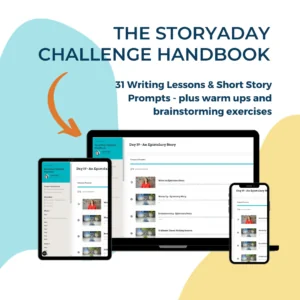 Upgrade now to the Online Challenge Handbook
Upgrade now to the Online Challenge Handbook
Get the Challenge Handbook, with helper videos, audio and text PLUS daily warm ups and brainstorming exercises designed to jumpstart your writing, daily.
Write with us during May or go at your own pace.
Access immediately. (Will stay online as long as I’m running StoryADay!)
Only $31 during the challenge. Price increases to $97 on June 1, 2024


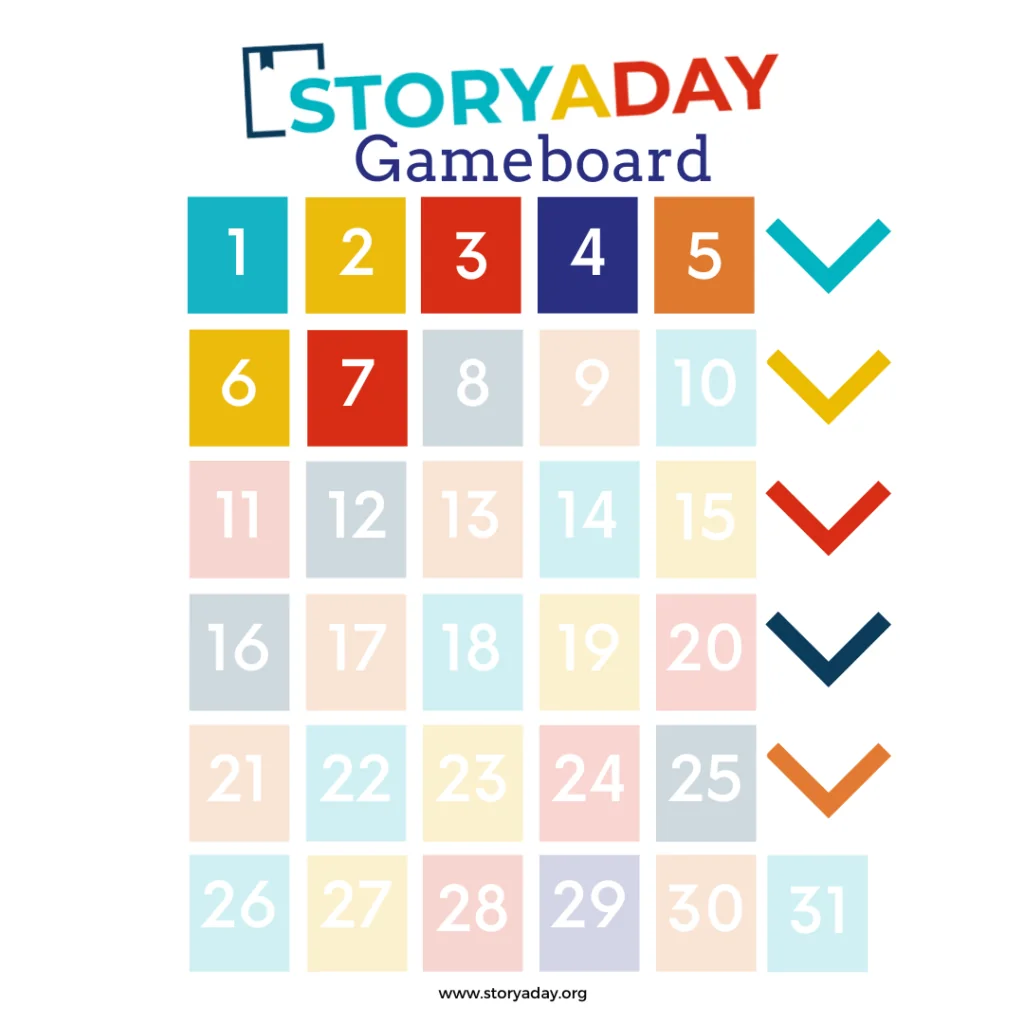
Here’s your next Game Piece. save the image and share on social media with #storyaday
Prefer paper crafts? Here’s the cut & paste version


